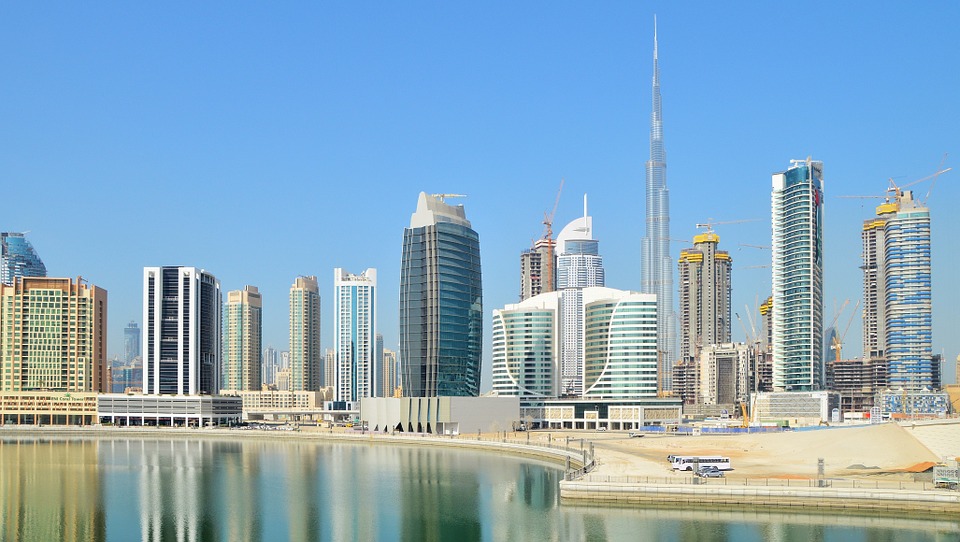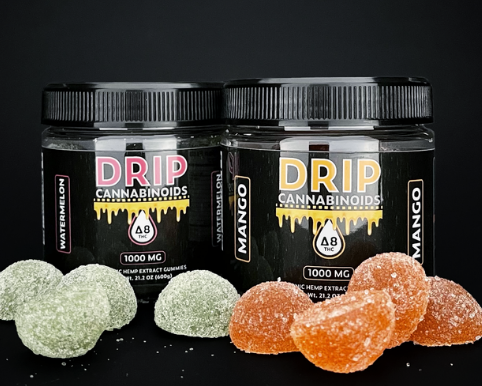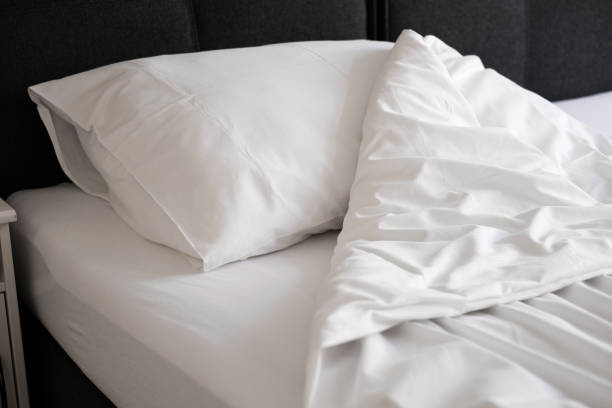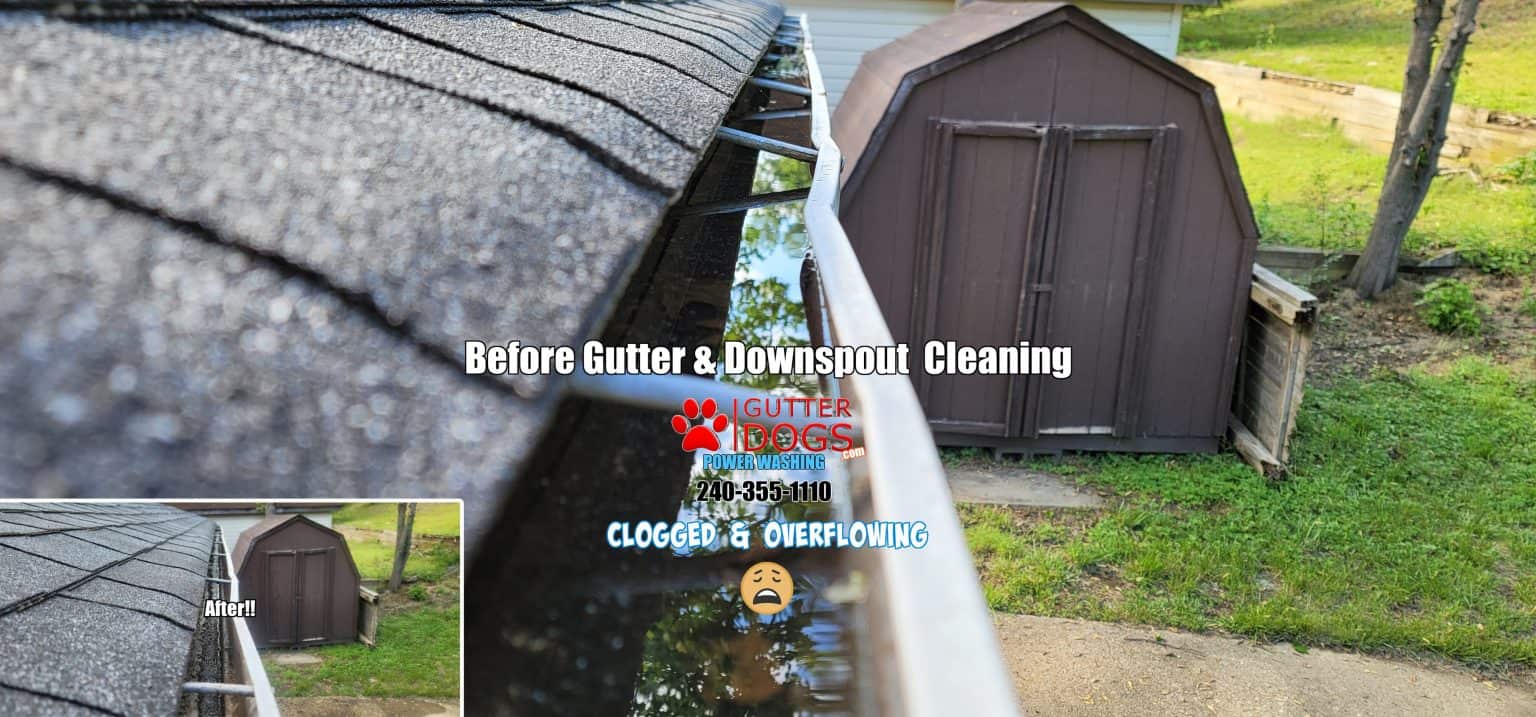Wastewater lagoons are an important part of the wastewater treatment process, providing a cost-effective and sustainable solution for treating wastewater. They are large basins that are filled with wastewater and then naturally treated over time by microorganisms, sunlight, and aeration. In this blog post, we will discuss what wastewater lagoons are, how they work, and the advantages and disadvantages of using them for wastewater treatment.
What are wastewater lagoons?
Wastewater lagoons are large, shallow, and often man-made ponds that are used to treat wastewater from industries, municipalities, or agricultural operations. They are also known as wastewater treatment ponds, wastewater settling ponds, or wastewater stabilization ponds. Wastewater lagoons use natural processes such as aeration, evaporation, and settling to purify the water and reduce pollutants before it is returned to the environment. In addition to their purification functions, wastewater lagoons can also be used for irrigation, recreation, and manure odor reduction.
How do wastewater lagoons work?
Wastewater lagoons are an efficient and cost-effective way to process sewage and wastewater. In these lagoons, wastewater is stored in a large, shallow body of water and allowed to settle. The lagoon also contains microorganisms that break down the organic matter within the wastewater. This process reduces the amount of pathogens and pollutants, while improving water clarity.
Manure odor reduction is an important part of the process in wastewater lagoons. Microbes within the lagoon break down the organic matter in manure, releasing harmless gases such as carbon dioxide and methane into the atmosphere. This reduces the smell of manure, reducing its impact on the environment.
The water in a wastewater lagoon is treated using a combination of physical, chemical, and biological processes. These processes can include aeration, flocculation, sedimentation, coagulation, filtration, and disinfection. Each of these processes helps to further reduce pollutants in the wastewater, making it safe to discharge back into the environment or use for agricultural irrigation.
The benefits of wastewater lagoons
Wastewater lagoons are a low-cost and simple way to manage wastewater from communities, industries, and farms. While there are some drawbacks to this method of wastewater treatment, there are also many advantages. One of the main benefits of using wastewater lagoons is that they can be used for multiple purposes. In addition to treating wastewater, lagoons can be used to store water for irrigation, or even provide recreational opportunities.
Wastewater lagoons can also help reduce the presence of pollutants in bodies of water and in the surrounding environment. This is due to their ability to filter out certain types of particles and chemicals. Additionally, wastewater lagoons can help reduce the presence of manure odor, as they act as a buffer between the odor-causing organic material and the environment. This helps to improve the quality of air and water in the area.
The drawbacks of wastewater lagoons
Although wastewater lagoons offer many advantages, there are some potential drawbacks as well. One of the main issues with wastewater lagoons is the potential for bad odors. As the water in the lagoon breaks down the organic materials, it can produce unpleasant smells. To combat this, some wastewater lagoons have aeration systems that help to oxygenate the water and reduce the odor. Additionally, manure odor reduction additives can be added to the lagoon to further reduce odors.
Another possible issue with wastewater lagoons is the risk of contamination from wildlife or other sources. If not properly managed, wildlife such as birds and fish can enter the lagoon, which could result in the spread of disease or bacteria. Additionally, external contaminants such as pesticides, herbicides, and oil can also enter the lagoon and affect its overall quality. To combat this, wastewater lagoons should be properly fenced and monitored to minimize any external contamination.







